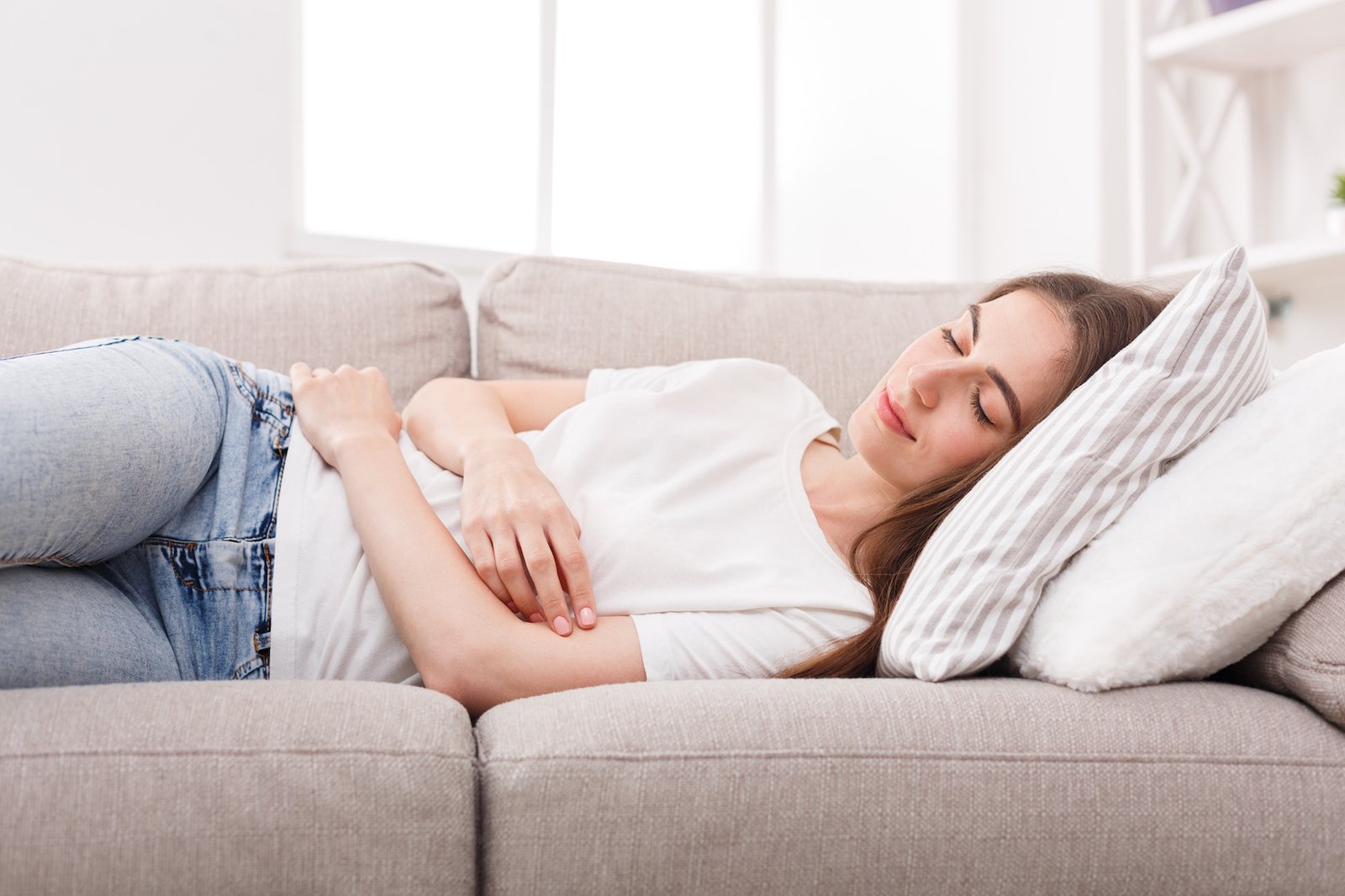In Spain they call it “siesta”, in Japan “inemuri”, abroad they call it “power nap”. Many different ways to indicate the same thing, e.g afternoon nap, what we often eat after lunch to face the next activities with more enthusiasm. “When living conditions permit, napping can have positive health effects because it regenerates, reduces stress, improves metabolism and, according to some studies, lower even there pressure blood,” says the professor Fabio Cirignotta, head of the sleep clinic at the private clinic Villalba in Bologna. “The only one contraindication concerns those who suffer from insomnia, because a nap can compromise the so-called homeostatic process of sleep: the latter, in fact, is like a spring that compresses the longer we stay awake. If we sleep in the afternoon, the spring relaxes and the ‘sleep pressure’ is reduced in the run-up to the night, delaying sleep for those who are already struggling to rest.”
Because it’s good to sleep
Naps in the middle of the day increase cognitive performance, make you more productive at work, help clear the brain of junk products that inhibit its activity, and improve learning abilities because it optimizes the activation of the hippocampus, an area of the brain that is necessary to store new information. Some studies have shown that naps it also helps fight hypertension, because it lowers blood pressure by an average of 4% compared to non-sleepers: a minimal value and yet sufficient to maintain heart and artery health, as profitable as other lifestyle changes such as reducing consumption salt and alcohol. “THE The benefits also concern moodbecause short sleep seems to be associated with greater positivity, better frustration tolerance and more satisfying happiness,” assures Professor Cirignotta.
How long
Experts recommend does not exceed 30 minutes of the nap, because more sleep makes you enter the deeper stages of sleep, from which it is difficult to wake up. Result: after the siesta, we will feel more wet, confused, slowed down. “Half an hour, however, represents the right compromise and would be fine cut the time period from 2 p.m. until 4 p.m, when the body normally experiences a decrease in levels of alertness, attention and concentration,” advises Professor Cirignotta. “In fact, although we talk about postprandial fatigue, in reality lunch has little or nothing to do with it. Obviously overeating does not help and can emphasize it natural tendency to sleepinessbut the latter is independent of the food we ingest, because it is due to the circadian rhythms that mark our lives like an internal clock.”
What will happen if we sleep right after eating?
Many believe that sleeping right after lunch can compromise digestion, but the latest scientific evidence refutes this: in fact, it seems that resting after eating allows the blood to “concentrate” on digestive activity, without other distractions. “Simply avoid lying down, for example sleeping in an armchair,” suggests the expert. Rather, Taking a nap outside of the 2-4pm time frame can be harmful: “Among other things, from 5 pm to 7 pm we talk about ‘forbidden zones’, i.e. forbidden sleeping areas, because it is more difficult to induce it since the organism is in a very high state of activation. So when you come home from work or at the end of a stressful day, it’s useless to try to rest before dinner.
If, however, sleepiness is felt at any time, it may be time to consider its causes: at the base there may be chronic sleep deprivation, perhaps due to sleep apnea, or some organic disease that causes debility as a non-specific symptom.”
Four tips for an energy nap
- let’s define one wake up after 20-30 minutes maxmaking sure we don’t have an emergency right after the hit: better to give ourselves a few minutes to recover or get back to work.
- we close the computer and put on the phone silent mode, to eliminate any source of distraction. If we can’t stay away from the noise, we try earplugs or listen to relaxing music with headphones.
- Let’s prepare the mind to make the most of sleep by starting the rest with a relaxed and gentle meditation, which allows us to relax and sleep, banishing all the thoughts and worries of the day.
- we don’t use the afternoon nap to make up for the lack of nighttime sleep. “To sleep well at night you must train, they have good daily habits, go to bed and wake up at regular intervals, avoid particularly interesting activities on a mental or emotional level, but also moderate-high intensity physical exercise before going to bed. A nap cannot fix our bad behavior, but it can certainly help us if the quality of our night sleep is good and regular,” concludes the expert.
Ask our experts your question

